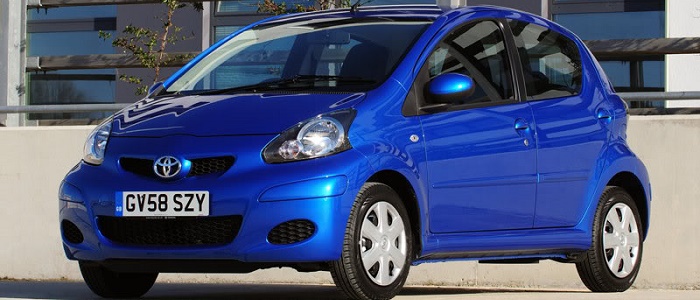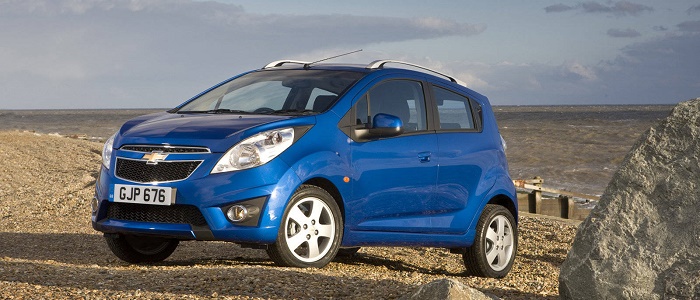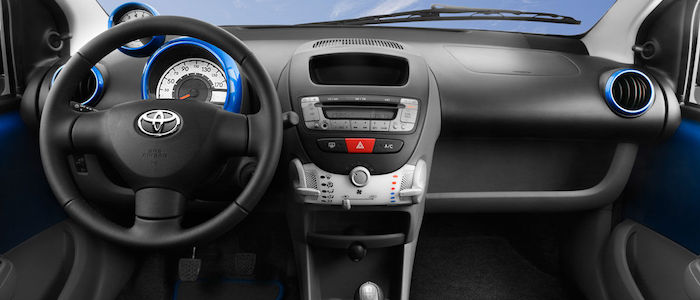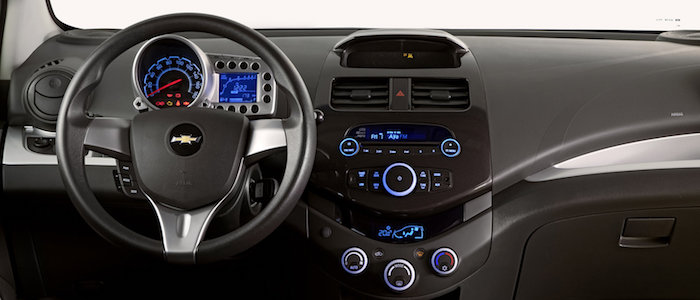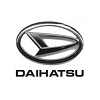Compare two cars
Compare any two cars and get our Virtual Adviser™ opinion
Dimensons & Outlines
Engine
Performance (manual gearbox)
Performance (automatic gearbox)
Expenses
Virtual Adviser's™ opinion
Well, these are two pretty similar cars we have here! It's only details that could potentially make the difference. Considering they both belong to the micro car segment and utilize the same 5-door hatchback body style and the front wheel drive system, it all comes up to the specific petrol engine choice they offer. The first one has a Daihatsu-engineered powertrain under the hood, a 3-cylinder, 12-valves 68hp unit, while the other one gets its power and torque from a 4-cylinder, 16-valves 68hp engine designed by Chevrolet.
SafetyThe fact that the Chevrolet got tested by the European New Car Assessment Programme (Euro NCAP), while the other contender didn't, offers a slight advantage, as the 4-star rating is better than none. That aside, let's consider some other aspects which affect safety. Both vehicles belong to the micro car segment, which is generally a misfortune safety-wise, still it doesn't help us solve our dilemma, does it? On the other hand, taking kerb weight as an important factor into account, the American car offers a marginal difference of 7% more metal.
ReliabilityReliability is not the best thing to consider on the make level, but it is worth mentioning that both brands display similar results in faults and breakdowns, at least on all of the models level. These are the results of an independent reasearch, while our visitors describe reliability of Toyota with an average rating of 4.6, and models under the Chevrolet badge with 4.2 out of 5. The same official information place Aygo as average reliability-wise, and Spark is more or less at the same level.Above it all, drivers of cars with the same engine as the Japanese car rank it on average as 4.1, while the one under the competitor's bonnet gets 5.0 out of 5.
Performance & Fuel economyToyota is undoubtly more agile, reaching 100km/h in 1.3 seconds less than its competitor. In addition to that it accelerates all the way to 157 kilometers per hour, 3km/h more than the other car. When it comes to fuel economy things look pretty much the same for both cars, averaging around 4.8 liters of fuel per 100 kilometers (59 mpg), in combined cycle.
Verdict
Chevrolet appears just a bit more reliable, although the difference is truly marginal. The most important thing when deciding between any two vehicles should always be safety, both passive and active. In my opinion, everything taken into account, the American car beats the other contender by far, making it the best choice without even considering other things. From there things take a different direction, with Toyota outracing its opponent in any situation possible, making it better choice for boy racers. To make things even better, it consumps less fuel! It's really tough to make a final decision here, but if I'd need to, I'd say Chevrolet. Anyway, that's the most objective conclusion I could've came up with and it's based solely on the information found on this website. Aspects such as design, practicality, brand value and driving experience are there for you to measure them out. Also, you could use the oportunity to find out which car, everything taken into account, would be the perfect choice for you in the eyes of the virtual adviser™, among thousands of similar, yet so different vehicles.























